Search
Filter by
Type
Tags
Dossiers
Themes
Departments
Active filters
1032 search results
Search results
-
PhD thesis defence Linda Gouka: Catching cereal killers
On Wednesday 15 October, Linda Gouka will defend her thesis, titled "Catching cereal killers: A multi-omics approach to disentangle yeast- Fusarium interactions in the phyllosphere".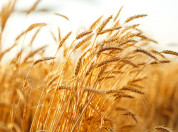
-
Community-wide micro-evolutionary adaptation to anthropogenic stress: context dependency and ecological implications (COMADAPT)
Considering rapid evolutionary responses is key to a better understanding of the long-term effects of stressors on natural systems. In this COMADAPT project we explicitly adopt a community-wide perspective.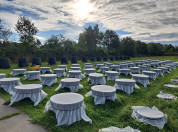
-
Vera van Santvoort
PhD Candidate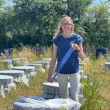
-
Arctic-bound birds can still keep up with climate change – for now
As climate change drives earlier spring conditions in the Arctic, birds species that travel there to breed there are under pressure to migrate faster. A new study led by researchers from the University of Amsterdam and the Netherlands Institute of Ecology reveals that many Arctic-breeding waterfowl still have some flexibility when it comes to speeding up their migrations. However, this strategy may only work for a limited time.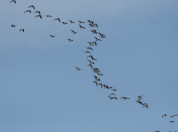
-
Big NIOO Open Day 2026
Save the date: on Saturday 3 October 2026, NIOO will open its doors again to visitors for our Big Open Day. From 11:00 to 17:00, everyone will be welcome. Seize your chance to take a look in our labs and experimental gardens: only possible once in every three years!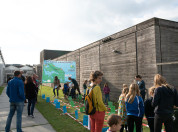
-
Rewilding Expertise Centre
Rewilding is increasingly applied across the world to stimulate biodiversity recovery, improving ecosystem functioning and mitigate and adapt to climate change. There is increasing experience with rewilding in practice and through research. To synthesize this information, identify knowledge gaps and make knowledge on rewilding available, the Rewilding Expertise Centre started in September 2025. Over time the Rewilding Expertise Centre aims to grow into a network of rewilding researchers, practitioners and any holders of knowledge on rewilding and function as a knowledge hub for rewilding information and education.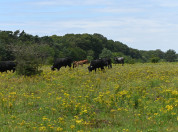
-
Abbey Marcotte
Postdoc -
Celebrating the first World Lake Day with water research & water news
"We celebrate all things that lakes do for us and spotlight the problems of pollution, climate change and biodiversity loss that threaten their ecological integrity," states Suzanne McGowan, NIOO's department head of Aquatic Ecology on the first UN World Lake Day.
-
Erik Lindemann
PhD Candidate -
Student project: Cultivation of methane-oxidizing bacteria and associated heterotrophs from Greenlandic lakes
We are looking for a motivated BSc/MSc student who is interested in working with lake water samples and associated methanotrophs at the department of Microbial Ecology at NIOO-KNAW, Wageningen, The Netherlands.
